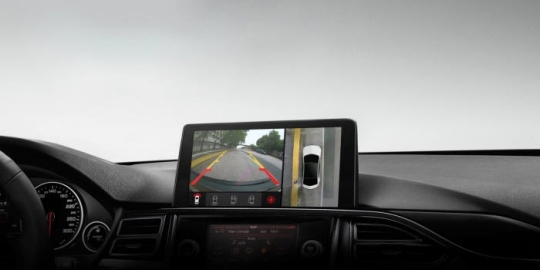LG Electronics hired more than 3,000 workers for its vehicle component division last year, demonstrating its strong willingness to strengthen its automobile business amid slowing smartphone sales.
According to LG’s business report released last week, the number of its vehicle component workers increased 90 percent to 4,607 as of the end of last year from 1,232 in 2015. The change is in contrast with its mobile communications unit, which saw its number of employees drop by 9 percent during the same period.
LG’s vehicle component unit, which was set up in July 2013, has been producing car components including drive motors, inverters and battery packs. LG has supplied 11 key components to the GM Bolt EV since the fourth quarter of last year in the North American market. Around 400 units of the Bolt EV are slated to go on sale in the Korean market from April.
Apart from GM’s electric vehicles, LG is reportedly working with Mercedes-Benz, Volkswagen and some Chinese automakers, including FAW Group Corp., Dongfeng Motor and FOTON, although the Korean tech firm declined to confirm the companies.

“We will continue to foster the vehicle component business as the company’s new growth engine and to join the development of next-generation vehicles like Google’s self-driving cars,” a LG Electronics’ spokesperson said. A prototype of Google’s self-driving car unveiled in 2014 used parts from Bosch and LG Electronics.
LG’s vehicle component unit generated 2.7 trillion won ($2.4 billion) in sales last year, a 51 percent jump on-year, although it still posted 63 billion won in operating loss. Securities predicted the company would make a turnaround this year due to the growing sales of the GM Bolt EV. Annual sales of the Bolt EV is expected to be around 30,000 units, said LG Chem, which supplied its batteries to the vehicles, in a conference call early this year.
Kim Dong-won, an analyst at KB Investment & Securities, said, “LG Electronics’ vehicle component unit is expected to make a turnaround in the fourth quarter of this year and post 210 billion in operating income in 2018.
“The orders from automakers in China, Germany and North America have significantly increased recently. The order backlog of this year’s vehicle component unit is estimated to be around 30 trillion won,” Kim added.
By Shin Ji-hye(
shinjh@heraldcorp.com)








